My mom also painted my nails to make me stop biting them. it worked! ?
How to Wean a Child Off of 10 Unpleasant Habits
Lying in children is actually a sign that your kid is developing some very important social skills, since, as studies say, it’s related to empathy, cooperation, and care for others. However, this, as well as many other behaviors, are considered undesirable by parents. In most cases, they are just phases that kids typically outgrow, however, if it becomes really disturbing, you can help your child to overcome it.
We at Bright Side have collected the most practical tips for parents on how to get rid of bad habits in children.
1. Thumb and finger sucking
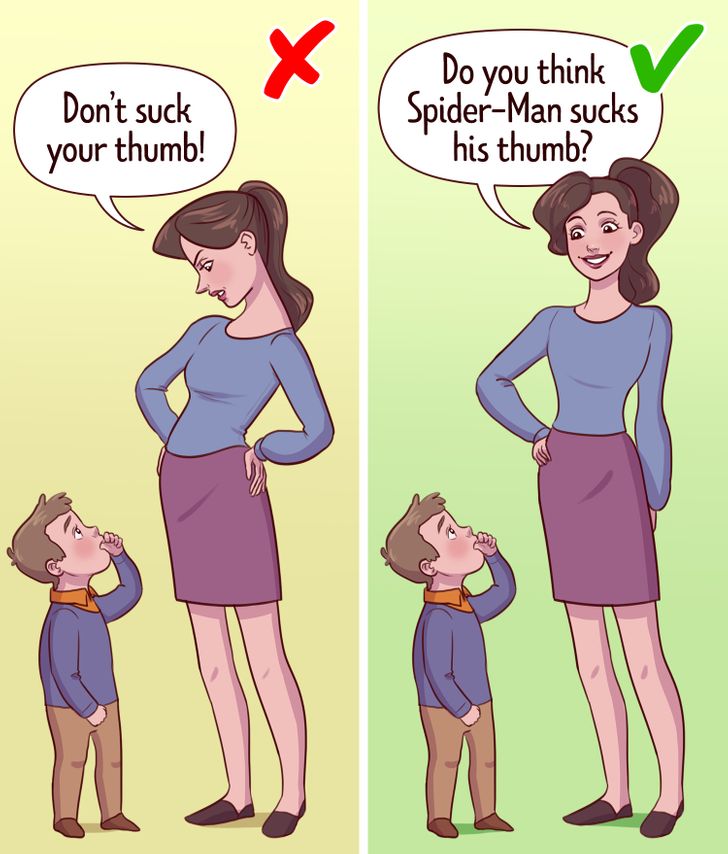
Thumb or finger sucking for children is a soothing activity that they use to reduce the anxiety provoked by growing up, according to psychologists. So, if your child is already preschool aged, but still has this habit, you can gently help them to get rid of it:
- Try to limit the time that your child spends sucking their thumb. For example, come to an agreement that it is a bedtime activity and should not be done elsewhere or in public.
- Don’t make a conflict out of it. Don’t show your anger by telling him or her, “You cannot suck your thumb anymore,” instead, try to praise them every time they are not sucking it.
- Try to talk with your child about it. If you ask them, “Do you know that you are sucking your thumb right now,” it will raise their self-awareness and you can help them to replace this soothing activity with something else.
-
Find some creative ways to explain to your child that they are growing up and that they don’t need to suck their thumb anymore. For example, ask them, “Do you think that Spider-Man sucks his thumb?”
2. Being demanding
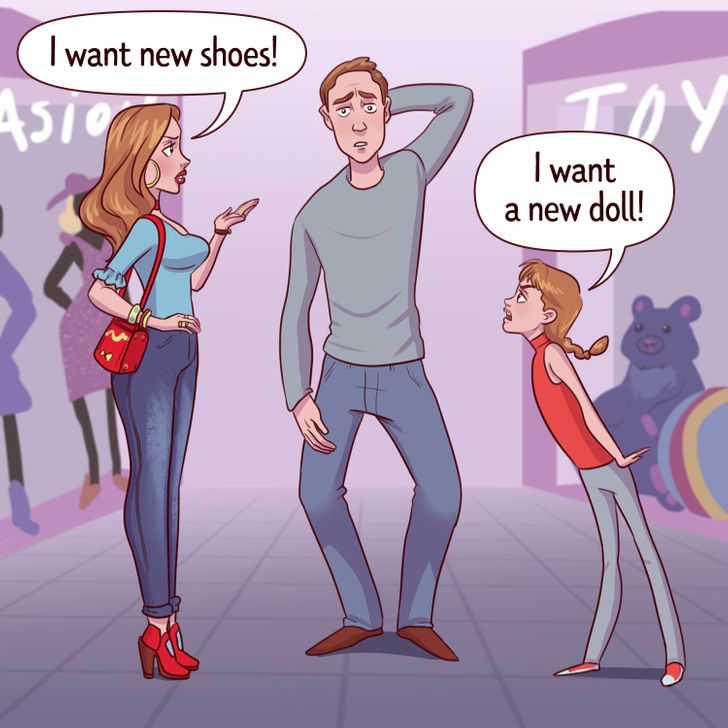
Teaching your child how to appropriately make requests is just as important as teaching them to say “please” and “thank you.” However, demanding behavior from children is pretty common, and here is some advice on how to get away from it:
- You can always discuss this problem with your child. Try to explain to them the difference between demanding and polite requests. Also, let your child know that some of their requests are going to get the answer “Yes,” and some of them will be a “No,” and that they should be okay with that.
-
The most important part is to not forget that you are a role model for them. If you exhibit demanding behavior in front of your child yourself, then don’t be surprised if you see the same from them.
-
Try to not overreact if your child is demanding something, because they may not even realize it at that moment. You can ask them, “Is there another way you can ask for what you want?”
- Always ignore your child’s demanding requests, but at the same time, be sure that you always somehow react to their polite requests.
3. Teeth grinding
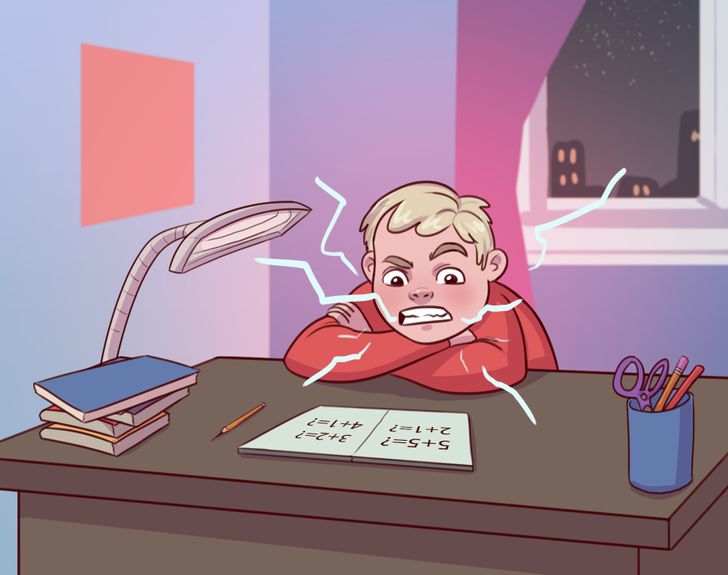
Many parents usually notice that their kids are grinding their teeth, either while they are asleep or while they’re awake. This condition is called bruxism, and there are some ways you can help your kid deal with it:
- Bruxism is mostly caused by stress in children, as studies say. Whether it’s a school test or a move to another town, you always need to talk to your child to help them deal with the things that may be stressing them.
- You can also help your child to control the grinding of their teeth in their sleep by relaxing before bedtime — have them take a bath, listen to music, or read a book.
- In rare cases, if the stress is more serious, you may need to consult a doctor to stop the bruxism with a special treatment. Don’t ignore this condition because it may cause harm to your child.
4. Nail and cuticle biting
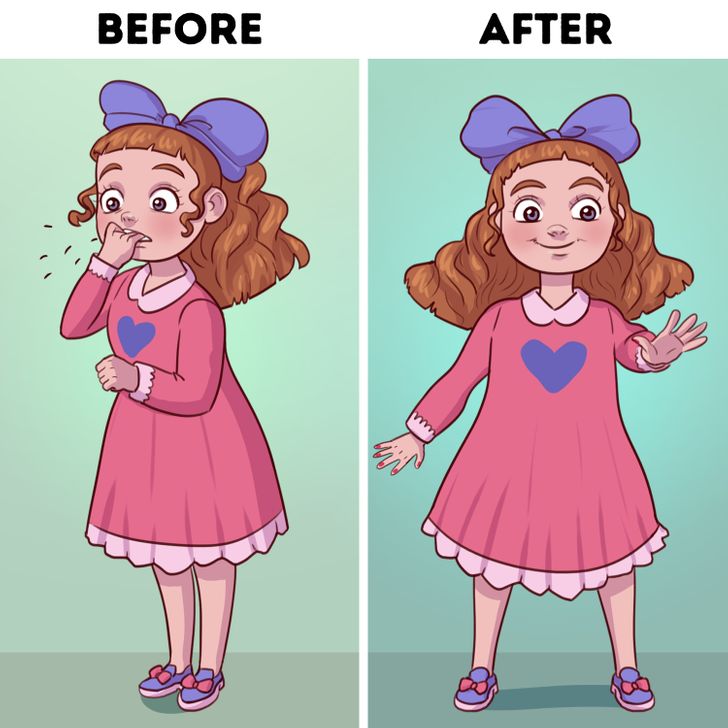
There are many reasons why your child could be biting their nails — stress, curiosity, boredom, or just a habit. The worst part of it is that this behavior is likely to continue into adulthood. So if you notice that this habit goes on for a prolonged period of time, psychologists advise that you help your kid to get rid of it:
- Try to understand the cause of it. Maybe they are experiencing stress, caused by something you can help them to overcome.
- Help them to be aware of this habit. You can agree on some kind of a sign to let them know that they are biting their nails at the moment.
- Offer a creative alternative. If your baby girl likes to bite her nails, offer to paint them in a beautiful way, so she can feel like a little princess, who won’t want to ruin her style.
5. Nose picking
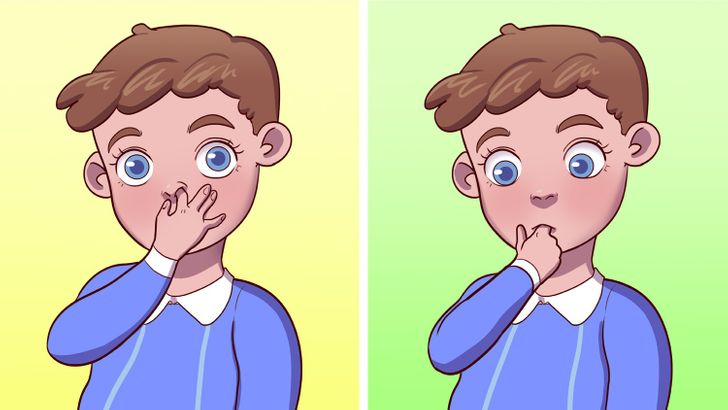
Our cute little ones sometimes do pretty gross things, and this includes nose picking and even eating what they dig out. However, this is not only an unpleasant habit, but a way to spread the bacteria that is responsible for pneumonia, as some studies suggest. Here are some tips to wean them off this habit:
-
Call their attention to it and hand them a tissue every time they do it. Maybe this habit is absent-minded and you need to help them realize this.
- Discuss hygiene concerns with your child and explain all the consequences it may have. Speak with them like an adult, kids really like when they are taken seriously.
- Try to engage your child in some activities that involve busy hands, so that they will not have to overcome their boredom by nose picking.
6. Hair twirling
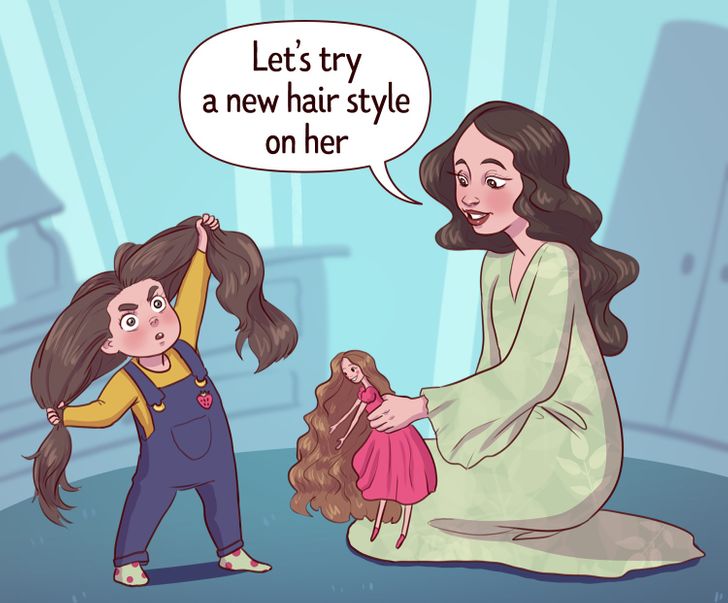
Hair twirling is an unpleasant habit that may occur from time to time in many children, however, for more anxious kids, it is a kind of release. It can be considered normal if your toddler overgrows it by the age of 3-4, but if it persists for a longer period, you definitely need to take action:
- Try not to call your child’s attention to the fact that they are doing it, because that will only make it worse. Instead, try to talk with them and help them understand why this behavior is occurring.
- Help them to find other ways to release their pent-up energy, with activities like dancing, playing sports, etc.
- Find an alternative. For example, give your child a doll with long hair so that they can play with the doll’s hair, instead of their own.
7. Using bad language
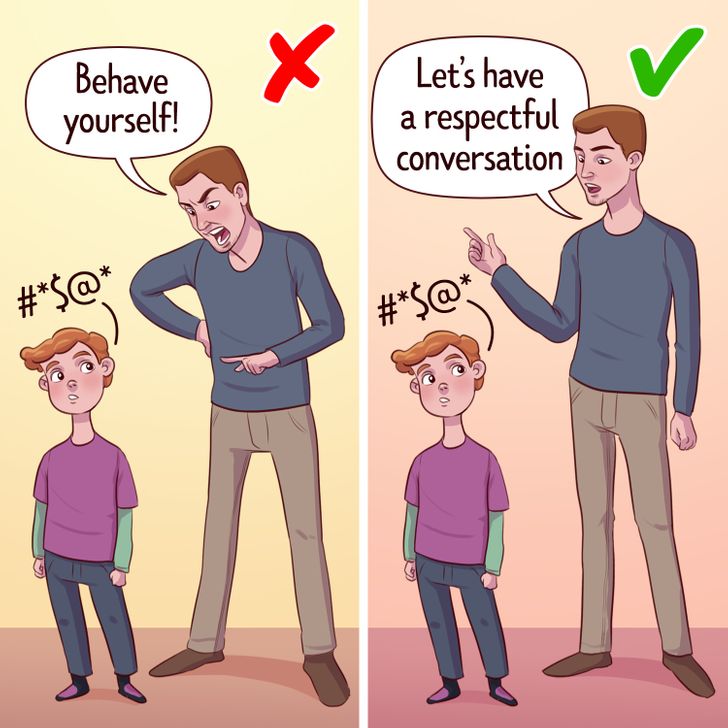
This behavior is impossible to avoid when raising a kid. While toddlers might sometimes say more harmless words, older kids can purposefully be offensive by using foul language. Experienced parents share these tips to help wean your child off of this habit:
- Make sure your beloved child gets enough attention. A kid who has sufficient attention and opportunities to be heard, will most likely not use abusive language.
- Be careful of the TV shows, music, and internet content that your child sees and listens to. Have a candid talk with them about it and set certain limits, so that they understand what is right and what is wrong.
- Don’t overreact and show your anger, instead, try to find ways to explain that they should be respectful to everyone and that this kind of behavior will be punished.
- And, of course, don’t forget to watch your own language. Always speak appropriately with your kids and your partner, because, obviously, you are a role model for your kid.
8. Lying
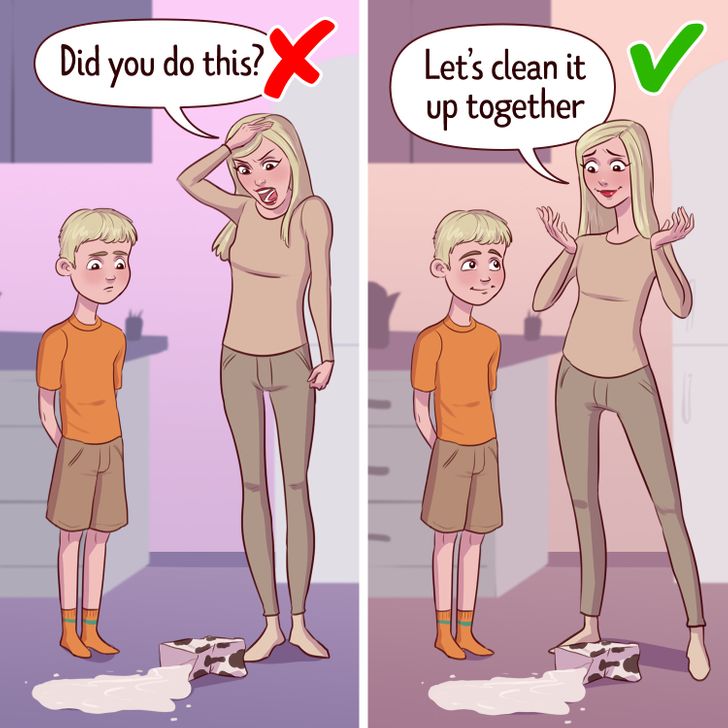
There are several reasons why your child might lie: to cover something up, to make a story more exciting, to get attention, to get what they want, etc. Usually children start lying around the age of 3, but it becomes more frequent at 4-6 years old, and the lies become more complicated, since kids start to understand how other people think. Here are some proven tips to help get rid of this habit:
- Encourage your kid to tell the truth. No matter what they did wrong, tell them that you are glad that they told you about it, and that now you can help them figure it out.
- Help your little one to avoid situations where they may feel the need to lie. For example, if you come in and see that they’ve spilled milk, don’t ask who did it. Instead, tell them that you see there has been an accident and that now you can clean it up together.
- Talk about lying with your child. Try to explain that lying is always bad in any relationship.
9. Wiping their hands on their clothes
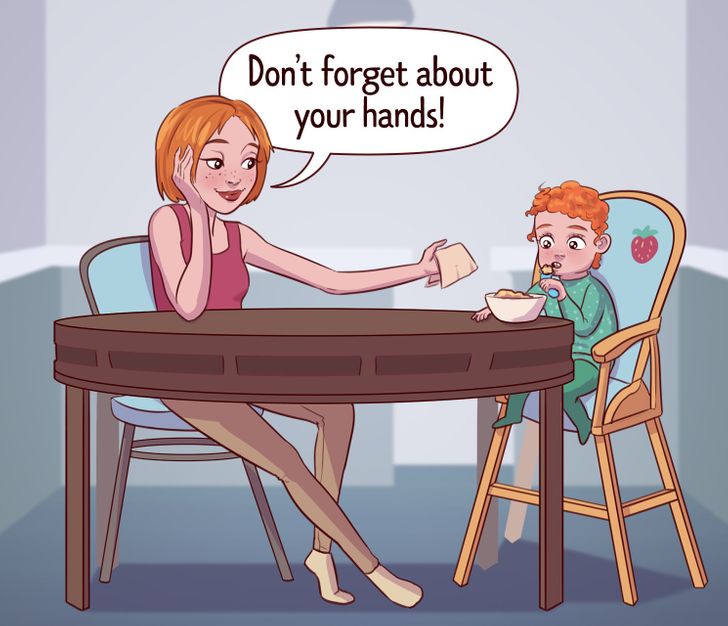
Kids (and some adults too) have this nasty habit of wiping their hands on their clothes. It can be food, dirt, or paint, and while you can’t control this when your child plays outdoors, you will probably want to teach them to be more careful, at least at home. Moms with proven experience have shared these tips:
- Always give your child a napkin when they are eating. Make this a regular habit, and also remind them to wipe their mouth and to not forget about their hands.
- Provide them with a napkin or a towel during certain messy activities, like painting.
- Don’t get angry because of this. No kid ever will understand a lesson if you discourage them by yelling.
10. Having too much screen time
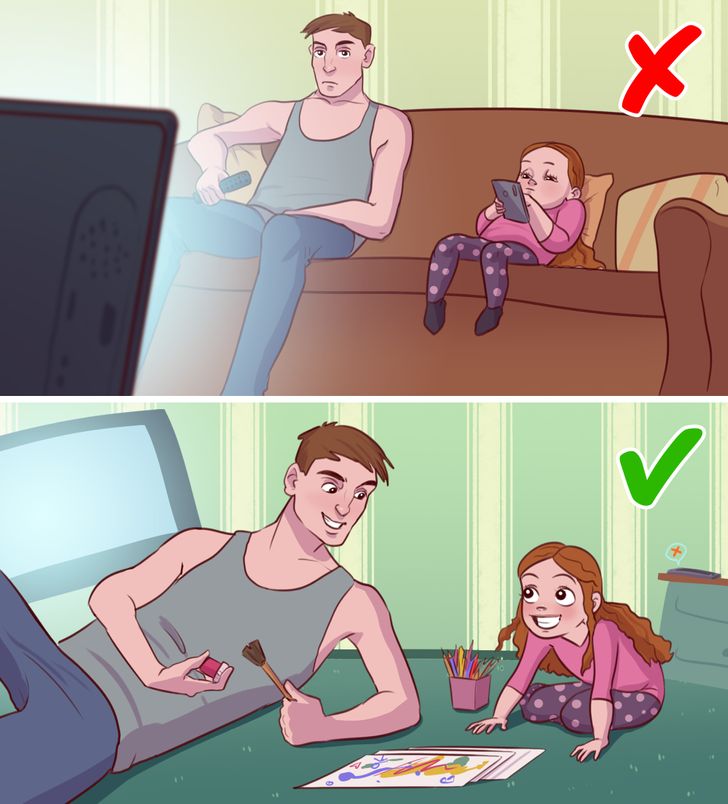
The statistics on screen time for kids are quite frightening. For example, kids between 8-18 spend over 7.5 hours a day watching TV or playing games on a device. Technology addiction is definitely not good for a child’s development, and every parent should be aware of this.
- Be the example for your kid. If they see you reading a book, instead of being on your phone, your child will be more likely to read too.
- Spend time having fun together. Instead of watching TV while you’re at home, try to engage in different activities like playing or drawing with your child.
- Set a time limit for TV and phone games. Of course it’s difficult to turn off the TV completely, but limiting it to a shorter time period will help a lot.
How do you deal with your kids’ unpleasant habits? Share your tips with us in the comment section below.
Comments
Weirdly enough, this trick have never worked on me.. I stil bit them
oh myy.. it wasn't so tasty, was it?
it was really bitter but I kept doing it.. once my mom saw it she stopped painting my nails so I don't get poisoned
Related Reads
15+ Stories That Prove Moms’ Love Tank Never Runs Empty

I Refused to Adopt My Husband’s Niece — Now He Says I’m Heartless
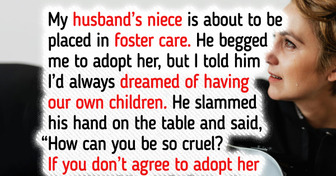
16 Stories From People Who Had a Funny Experience With a Rich Person

10 People Who Checked Into a Hotel and Immediately Wanted to Check Out
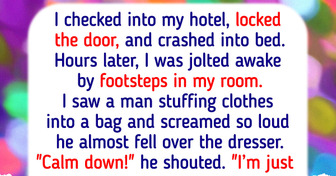
20 Family Members Who Turned Out to Be Wolves in Sheep's Clothing

14 Things People Do That Make Hotel Staff Say, “You Can’t Be Serious...”
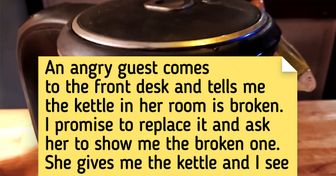
My Wife Humiliated Me in Front of My Boss, I Can't Forgive Her

12 Eerie Memories That Still Make People Twitch in Fear
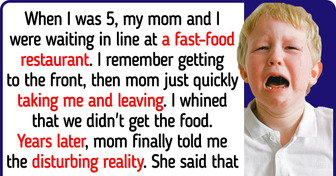
14 Puzzles That Can Challenge Your Intelligence

15 Situations That Took Turns We Never Saw Coming

26 People Who Have Their Own Understanding of Fashion

10 Minor Incidents That Spiraled Into Serious Workplace Drama
